


Devolver Digital is an underdog in a league filled with big players like Activision, Take Two, and Electronic Arts. In spite of its small stature and roster of "smaller" games, Devolver has managed to make a name for itself, especially over the past year, with the release of Shadow Warrior and a few other titles. We reached out to Devolver's Nigel Lowrie to catch up with what they've been doing and what their plans are for 2014.
How has the past year (2013) treated Devolver?
The past year has been pretty fantastic overall and proven to be our most important year so far as a little underdog publisher. We went from being known as the dudes that produced Serious Sam to the dudes the produced Serious Sam and Hotline Miami to the dudes that are producing some of the most fun and interesting games out there. Our work over the past few years has paid off and has allowed us to really start bringing the heat with some truly outstanding games from some brilliant developers. All in all, it’s been a really fun year for our team.
What are some of the challenges that you face as a smaller publisher?
Honestly, the same issues that face big publishers and smaller developers – getting folks to pay attention to what you’re doing and what fun stuff you have to share with them. Digital distribution and the advent of more accessible game creation tools has done wonders in revolutionizing game development but that also means that more games are being released each year than ever before and it’s escalating. Devolver Digital works extremely hard to put the spotlight on the games we partner with and let gamers, press, and anyone out there know that it’s something worth checking out and something worth telling others about.
That said, I guess our biggest hurdle is overcoming the baggage that comes with the idea of a publisher and how terrible of experience it can be when you work with the wrong one. Each new development team we chat with is a new opportunity to show someone what a genuine partner can really do to help the production and promotion of a game. They’re the folks that can tell you how it all really goes down – we’re only as good as our reputation.
Do you think indie games can be as financially successful as heavy hitters like Call of Duty?
The answer depends mostly on what someone believes “financially successful” to mean and in what context it is being used. Titles likes Grand Theft Auto and Call of Duty generate hundreds of millions of dollars but I’d wager that a rather insignificant amount of that money finds its way back to those that actually created the game. With smaller independent studios, sales of just a few hundred thousand can be quite profitable to everyone involved in the game. Then you get into the wonderfully successful games like FTL, Hotline Miami, Super Meat Boy, Spelunky, etc. from very small teams and you start to see incredible financial success. In many respects, indie games can be much more beneficial, whether financially or otherwise, to those with a direct hand in developing the game than any of those larger productions.
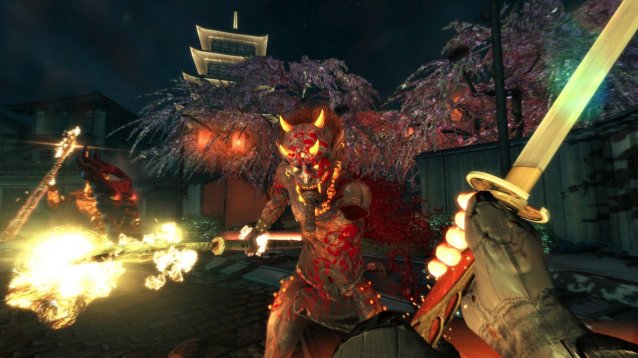
Will we ever see such a thing as a "triple A" indie game?
Again, I think that all depends on your perspective – it’s hard to reconcile the idea of an “AAA indie game” as I think a lot of folks define in them in relation to each other. While the definition of indie is certainly a subject of debate, I think what it comes down to is the spirit of the project and the resources available to team behind it. Ultimately, I think a game that fits the mold of indie based on that idea probably couldn’t also be considered a AAA production.
Outside of those strict definitions though, there is no limit to what an indie game can be out in the open range of the modern video game market. Minecraft can make more money than a big budget shooter and a concept like No Man’s Sky can be loftier and more grandiose than anything coming out of the biggest development studios on the planet.
Are indie games like Shadow Warrior and Hotline Miami more appealing to gamers or is it something mainstream audiences can be attracted to as well?
Our goal isn’t to produce games that are tailored toward a mainstream audience but that doesn’t mean some of our games can’t be appealing to a segment of that audience. Gamers of any kind can like games of any sort so there is no reason that a mainstream audience wouldn’t really dig the simple fun of Super Meat Boy or the dark narrative and brutal challenge of Hotline Miami. Those games will never have the mass-market appeal of the Super Mario series or Call of Duty franchise but that doesn’t mean they can’t breakout a bit and reach gamers outside of the core indie game aficionado.
Do you have any plans to expand Devolver's umbrella of studios?
We’re thrilled with the studios and developers we’ve worked with in the past and are working with now but we’re always looking for amazing new ideas from teams ready to bust on the scene. Devolver Digital has been fortunate enough to receive several pitches or prototypes of games each week but we have to focus on what we think we are really the breakthrough ideas and keep our roster limited to a number of games we can give 1000% effort on.
Moving into 2014, what are Devolver's plans?
Gearing up for our biggest year yet – there are ten games we’ve partnered with that are scheduled to launch in 2014 and we’re crazy excited to show the world what our developer friends have been working on. There are games from Vlambeer, Dennaton Games, Deconstructeam, and Vagabond Dog that we’ve announce and then projects from folks like Calvin French, SuperGhosts, and others that we haven’t quite revealed yet. We’ve also got an exciting project that partners up amazing filmmakers and game developers that we’re probably going to announce at GDC in March. But in the end, our plan is to stay small and mighty – it’s worked well so far.
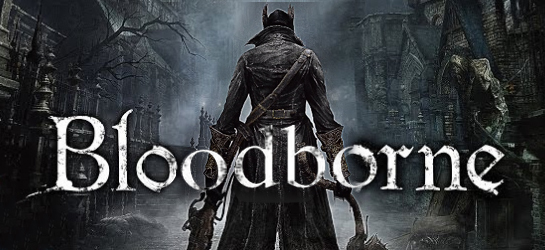

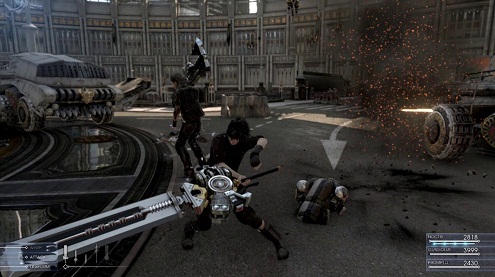

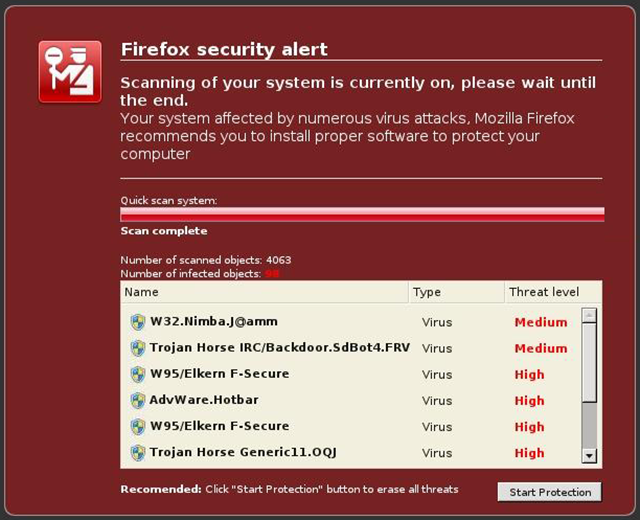 How to Spot and Avoid Fake Virus & Malware Warnings
How to Spot and Avoid Fake Virus & Malware Warnings 8 Amazing Things You Can Do With an iPhone
8 Amazing Things You Can Do With an iPhone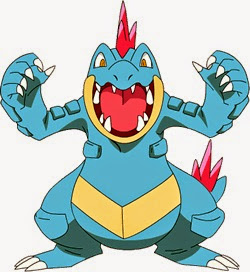 Learn how to transfer Pokemon from old games
Learn how to transfer Pokemon from old games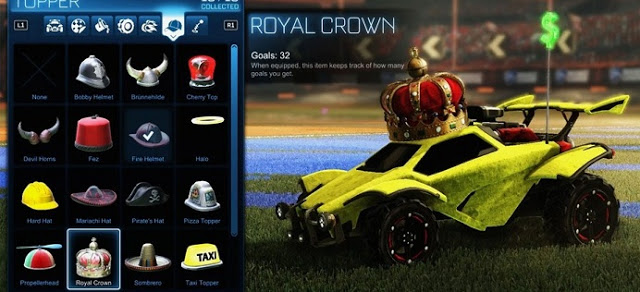 Rocket League: unlock items
Rocket League: unlock items Black Ops 2 Weapons Guide: Best Rifles, Shotguns & Attachments
Black Ops 2 Weapons Guide: Best Rifles, Shotguns & Attachments